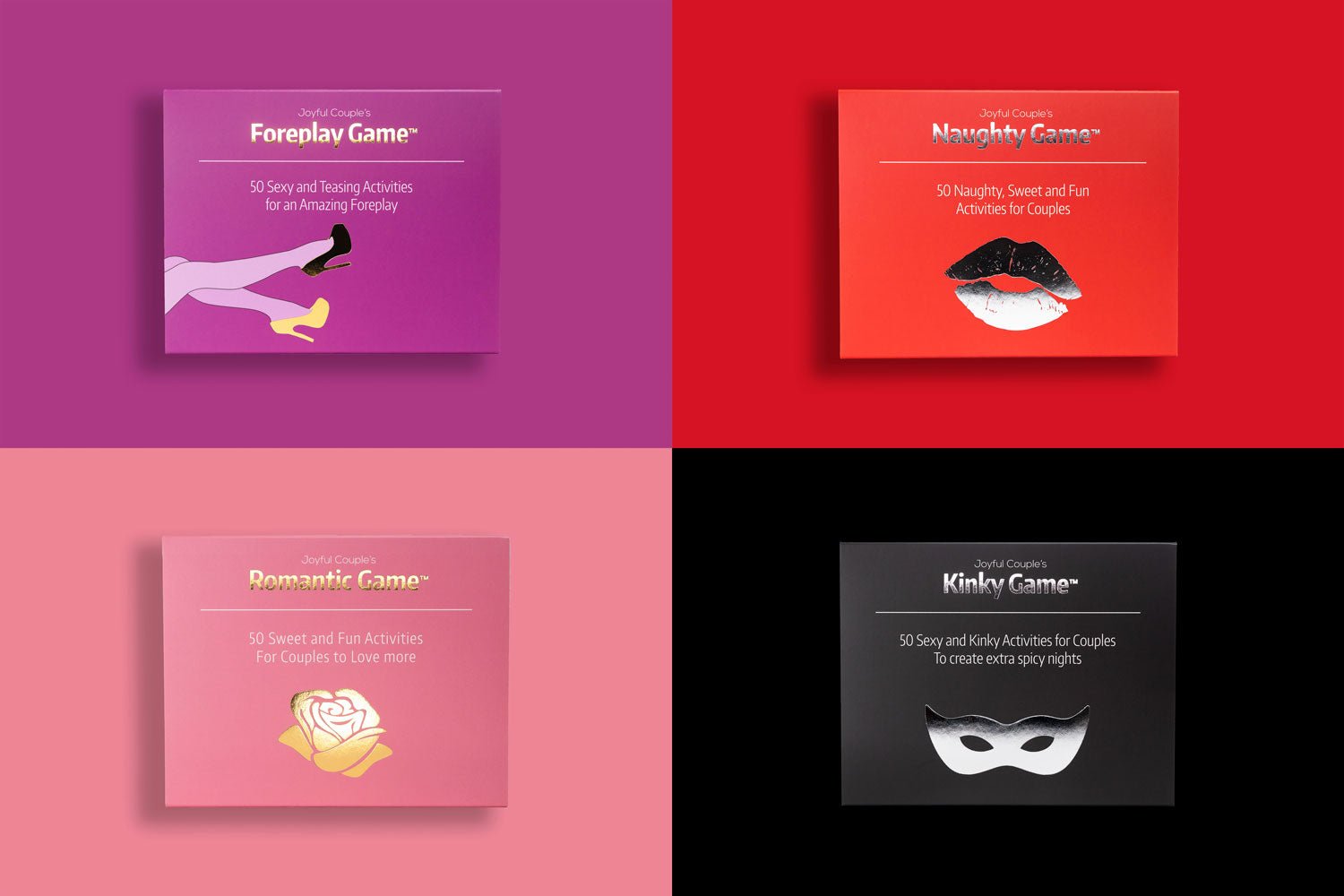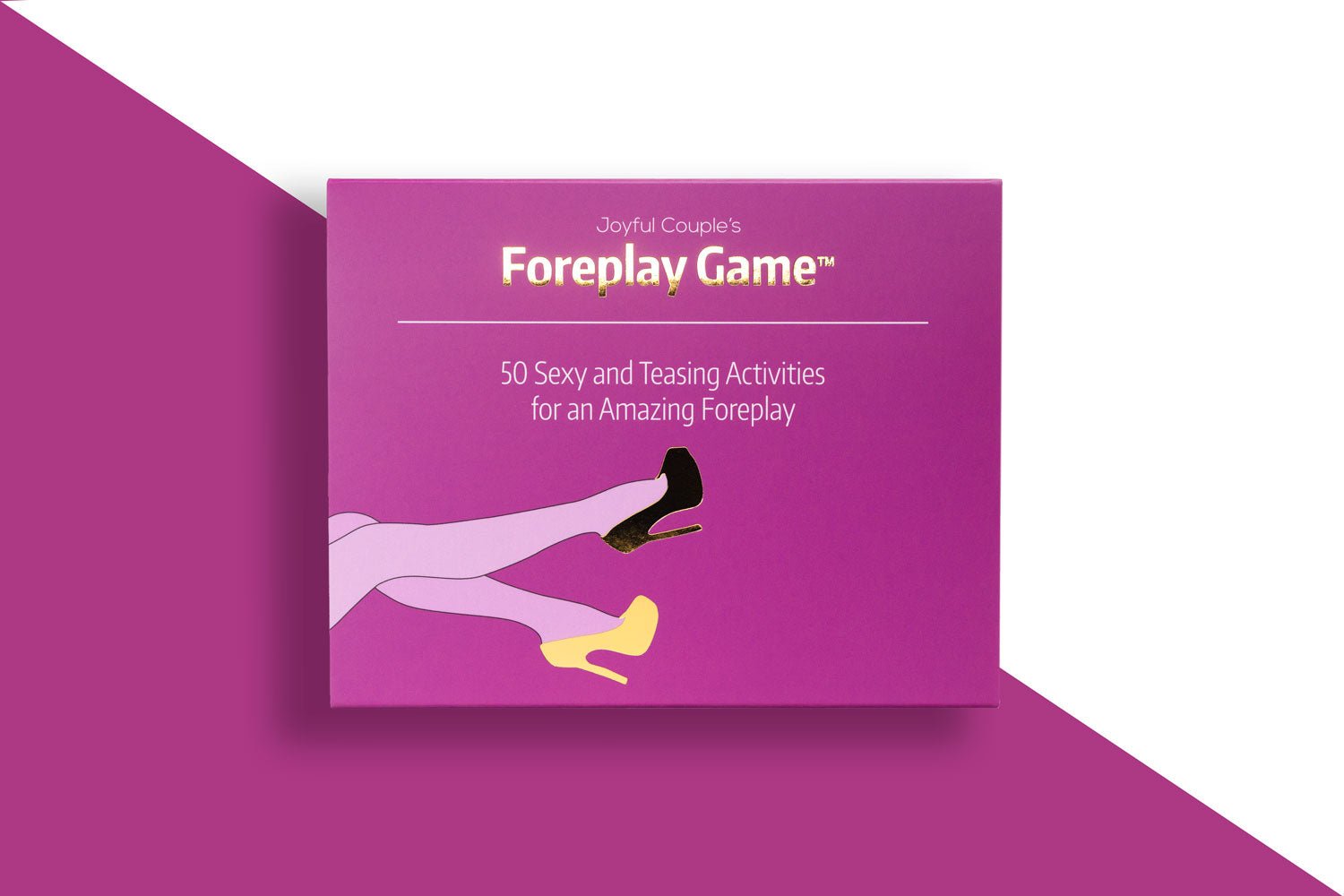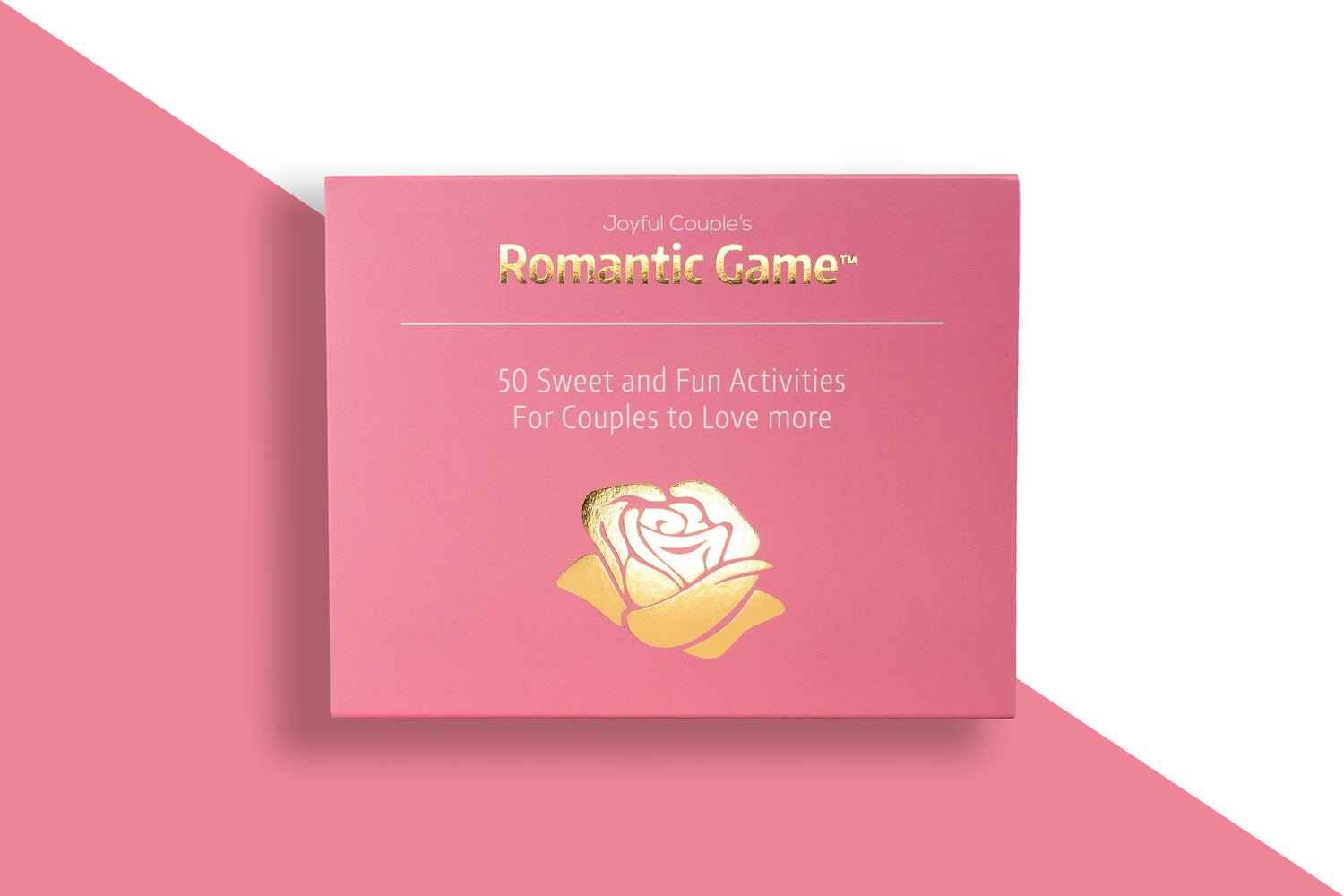Updated: July 8th, 2024
Ever felt like you're talking, but no one is really listening? You're not alone. Many of us think we're good listeners, but the truth is, most of us aren't. We get caught up in our thoughts, planning responses, and waiting for our turn to speak. We interrupt, advise, and often miss the essence of what's being said.
How to Become a Better Listener: Why It is Vital for Any Relationship
Why Is Listening So Hard?
Listening is challenging for many of us because it demands our presence and attention. A renowned sound expert, Dr. Julian Treasure, explains that "we are losing our listening" in a world of distractions. Our minds often wander, thinking about what to say next or being preoccupied with our agendas, making it hard to focus solely on the speaker.1Moreover, genuine listening requires us to set aside our opinions and judgments to truly understand the other person's perspective. Psychologist Carl Rogers emphasized that "active listening involves a sincere effort to understand the speaker's message from their point of view."2 This can be particularly challenging when we disagree with what is being said, as our natural inclination is to interrupt or interject our thoughts.
Interrupting or prematurely offering advice can hinder effective communication. Dr. Brené Brown, a research professor and author, highlights that "being heard is so close to being loved that for the average person, they are almost indistinguishable."3 Genuinely listening to someone fosters stronger relationships and creates a profound sense of connection and empathy.
While listening may be difficult, mastering this skill is crucial for building deeper, more meaningful relationships. Focusing on the speaker, withholding judgment, and striving to understand their viewpoint can enhance our communication and strengthen our bonds with others.
What Happens to Our Relationship if We Don’t Listen?
When we fail to listen to our partners, it can feel like shouting into a void, like using a megaphone with no one on the other end. This frustration stems from feeling unheard and misunderstood, which is not a healthy communication method.
Poor listening often leads to feelings of disconnection and isolation. When we don't feel genuinely listened to, it can breed impatience, frustration, and even anger. According to a study by the University of Minnesota, 74% of couples who report poor listening habits experience higher levels of conflict and dissatisfaction in their relationships.4 Misunderstandings and conflicts arise when we don't fully comprehend what our partner is trying to convey, leading to resentment and emotionally distant relationship.
Effective communication is the cornerstone of healthy relationships, and it begins with being a good listener. Active listening involves fully engaging with your partner, putting aside your judgments, and striving to understand their perspective.
Dr. Paul Sacco, an associate professor at the University of Maryland School of Social Work, states that "active listening can significantly enhance relationship satisfaction by fostering a deeper emotional connection."5 By practicing active listening, we can foster deep connections with someone and build stronger, more resilient relationships.
If you feel your relationship could benefit from improved communication, consider trying one of our Conversation Games for Couples. These games are designed to facilitate meaningful discussions on various topics, helping you and your partner to reconnect and understand each other better.
Taking an evening to engage in these guided conversations can lead to surprising and profound discoveries about each other, strengthening your bond and enhancing your relationship.

How to Become a Better Listener?
Becoming a better listener can significantly enhance your relationships and foster deeper connections. Here are practical steps to improve your listening skills:
- Listen with Intent to Understand: Focus on understanding the speaker's message rather than planning your response. This approach ensures you fully grasp their perspective.
- Make Eye Contact: Maintain eye contact and pay attention to nonverbal cues such as body language and facial expressions. This helps you better understand the speaker's emotions and thoughts.
- Avoid Interrupting: Let the other person finish speaking before you express your thoughts or opinions. This is especially crucial during arguments, as interruptions can escalate tensions.
- Suspend Judgment: Listen without judging or criticizing. Try to see things from the speaker's perspective and understand their viewpoint without jumping to conclusions.
-
Ask Questions and Paraphrase: Clarify your understanding by asking questions or paraphrasing what the speaker has said. This shows you are engaged and interested in their message.
- Example: "So what you're saying is, you feel like we haven't been spending enough time together lately?"
- Be Patient: Allow the speaker time to express themselves fully. Letting them know you are listening can encourage them to share more openly.
-
Avoid Distractions: When talking in person, eliminate distractions. Turn off your phone, avoid multitasking, and dedicate your full attention to the conversation.
- Tip: Try to leave work-related concerns at work to focus entirely on the conversation.
- Stay Open-Minded: When hearing things you might disagree with, resist the urge to react defensively. Listen with an open mind and without judgment to foster a more understanding and strong relationship.
By implementing these practices, you can become a more effective listener, enhancing your communication and relationship satisfaction.

Enhance Your Relationship Through Effective Communication
Active listening is an invaluable technique that can enhance your relationship by fostering deeper understanding and connection. It involves fully engaging with the speaker, showing empathy, and responding thoughtfully.
According to a study by the Journal of Marriage and Family Therapy, couples who regularly practice active listening significantly improve their relationship satisfaction. This technique helps both partners feel heard and valued, which reduces misunderstandings and conflicts.5
One of our readers sent us his experience with active listening: "In my relationship, active listening has been transformative. Previously, my partner and I often disagreed on how we spent our free time. I would frequently interrupt to defend my viewpoint, escalating our arguments. After learning about active listening, I decided to implement it. During our following conversation, I focused on listening without interrupting and paraphrasing her feelings. I said, "It sounds like you feel we're not spending enough quality time together because of our busy schedules." Her response was immediate and positive. She felt understood and appreciated, opening up a more productive dialogue about how we could better balance our time. This practice resolved our conflict and strengthened our emotional connection."
By practicing active listening, you can create a deeper sense of understanding and connectedness in your relationship. It fosters a supportive environment where both partners feel valued and important, leading to stronger, more fulfilling interactions.

The Importance of Practicing Active Listening
We all strive for healthy, fulfilling relationships, but achieving them can be challenging. A crucial aspect of successful relationships is learning to listen to each other without judgment.
Active listening is a powerful communication technique that enhances understanding and strengthens bonds. You demonstrate genuine interest in the other person's thoughts and feelings by focusing intently, making eye contact, and refraining from interruptions. This attentiveness shows you care and respect them, fostering a sense of closeness and connection.
While practicing active listening can be challenging initially, it becomes more natural with time and patience. Next time you are in a conflict, try using active listening techniques. You may discover that the conversation becomes more productive, leading to a deeper, more meaningful resolution.
Conclusion
Leave a comment below how often do you talk about sex with your partner? Is this something you see could be improved in your relationship?
FAQ Section:
1. Why is active listening important in a relationship?
Active listening is crucial in a relationship because it fosters understanding, empathy, and trust. Couples who practice active listening report higher satisfaction levels. This technique helps both partners feel valued and heard, reducing misunderstandings and conflicts.
2. How can I start practicing active listening if it feels unnatural?
Begin by setting small, achievable goals for each conversation. Focus on one aspect of active listening, such as maintaining eye contact or not interrupting, and gradually incorporate more elements. Remember, it takes time and patience. As you practice, it will become more natural and effective.
3. What should I do if my partner isn’t receptive to my efforts to listen actively?
If your partner isn’t initially receptive, communicate your intentions and explain the benefits of active listening. Encourage them to try it as well. Demonstrate empathy and patience; over time, they may become more open to engaging in this communication technique.
4. How can I handle disagreements or conflicts while practicing active listening?
During conflicts, remaining calm and focused on understanding your partner’s perspective is essential. Use phrases like, “I hear you’re upset about…” or “It sounds like you feel…” to show you’re engaged and empathetic. This approach can de-escalate tension and lead to more productive conversations.
5. Can active listening improve other areas of my life outside of my relationship?
Absolutely. Active listening can enhance communication in all areas of life, including work, friendships, and family interactions. By improving your listening skills, you can build stronger, more meaningful connections and become a more effective communicator overall.
Citations:
5. The Power of Listening: Lending an Ear to the Partner During Dyadic Coping Conversations, https://www.researchgate.net/publication/322722211_The_Power_of_Listening_Lending_an_Ear_to_the_Partner_During_Dyadic_Coping_Conversations









